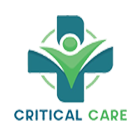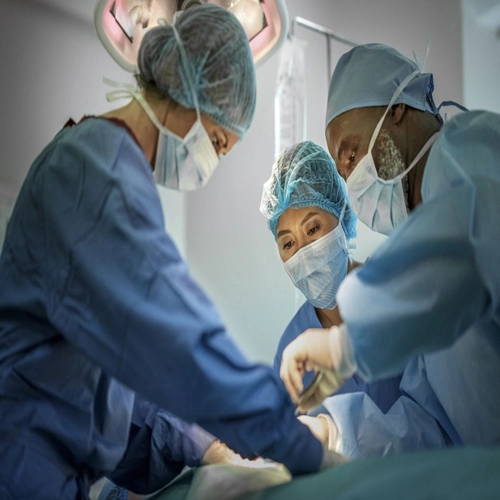- Home
- Departments
Departments Of Multi-Organ-Dysfunction-Cases
Multi-Organ-Dysfunction-CasesMulti-organ dysfunction syndrome (MODS) is a severe and often life-threatening condition characterized by the failure of two or more organ systems as a result of a dysregulated host response to severe illness or injury. Managing MODS cases requires a comprehensive and integrated approach to address the dysfunction of multiple organs simultaneously.
1. Early Recognition and Assessment: Timely recognition of MODS is crucial for initiating appropriate interventions. Healthcare providers closely monitor patients for signs and symptoms of organ dysfunction, such as altered mental status, hypotension, tachycardia, hypoxemia, oliguria, and metabolic abnormalities.
2. Supportive Care: Supportive care forms the cornerstone of MODS management. This includes measures to stabilize vital functions and prevent further deterioration, such as fluid resuscitation, vasopressor therapy to maintain blood pressure, mechanical ventilation to support respiratory function, and renal replacement therapy for acute kidney injury.
3. Source Control: Identifying and treating the underlying cause of organ dysfunction is essential in managing MODS. This may involve surgical interventions to remove a source of infection (e.g., abscess drainage, debridement of necrotic tissue) or other targeted therapies to address the inciting factor (e.g., antimicrobial therapy for sepsis).
4. Nutritional Support: Adequate nutrition is vital for supporting organ function and promoting recovery in MODS patients. Nutritional support, including enteral or parenteral feeding, is tailored to meet the patient's metabolic needs while minimizing the risk of complications such as aspiration or refeeding syndrome.
5. Hemodynamic Optimization: Hemodynamic stability is critical in MODS management to ensure adequate tissue perfusion and oxygen delivery to vital organs. This involves optimizing fluid resuscitation, titrating vasopressor therapy to maintain adequate mean arterial pressure, and monitoring cardiac output and tissue perfusion parameters.
6. Critical Care Monitoring: Continuous monitoring of vital signs, laboratory parameters, and organ function is essential for guiding treatment decisions and assessing response to therapy. Advanced monitoring techniques, such as invasive hemodynamic monitoring, arterial blood gas analysis, and continuous renal replacement therapy monitoring, may be employed in critically ill MODS patients.
7. Multidisciplinary Collaboration: Managing MODS requires a multidisciplinary approach involving intensivists, critical care nurses, respiratory therapists, pharmacists, nutritionists, infectious disease specialists, and other healthcare professionals. Effective communication and collaboration among team members are essential for optimizing patient care and outcomes.
8. Prognostication and End-of-Life Care: In cases where organ dysfunction is severe and irreversible, discussions regarding prognosis and goals of care are essential. Palliative care and supportive interventions may be offered to relieve symptoms and improve quality of life for patients and their families.
Managing MODS cases is challenging and requires a coordinated effort to address the complex interplay of systemic inflammation, organ dysfunction, and underlying pathology. By providing timely and comprehensive care, healthcare providers strive to minimize morbidity and mortality in these critically ill patients.

